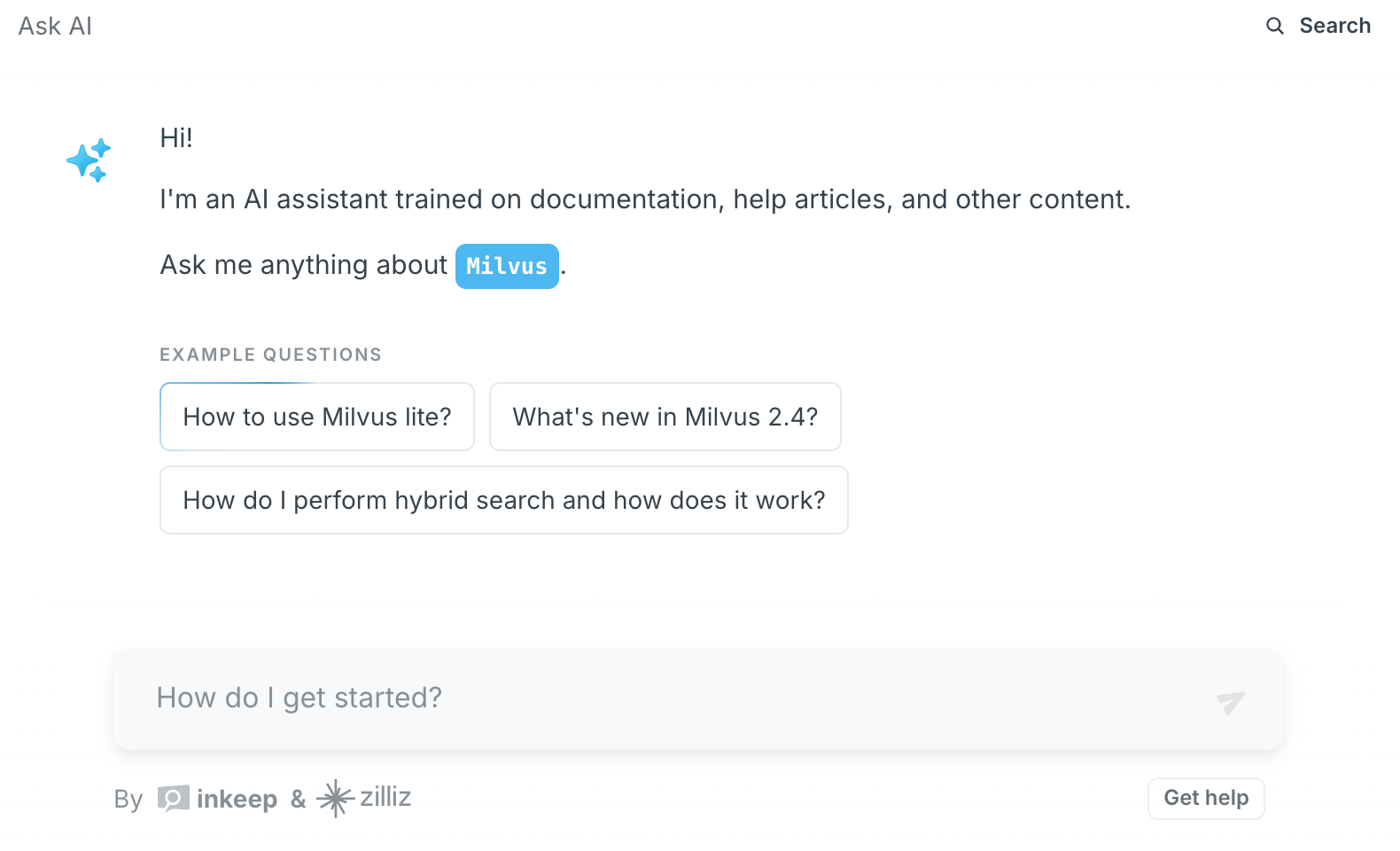Having a variety of question types in a RAG evaluation set is critical because it tests the system’s ability to handle diverse reasoning and retrieval tasks. Factoid questions (e.g., “What year was the first moon landing?”) require pinpoint accuracy in extracting specific details from documents. Boolean questions (“Is climate change linked to increased hurricane intensity?”) demand binary yes/no answers but require the system to validate claims against evidence. Explanatory questions (“How does photosynthesis work?”) assess the model’s capacity to synthesize complex processes from multiple sources. Each type probes different layers of the system—retrieval precision, contextual understanding, and coherence in summarization—ensuring the evaluation isn’t skewed toward a single skill.
Different question types stress the system in distinct ways. Factoid questions challenge the retriever’s ability to locate precise information, especially when answers are buried in large documents or split across passages. For example, if a fact is mentioned once in a 10,000-word report, the retriever must avoid irrelevant text. Boolean questions test the system’s grasp of context and negation. A question like “Does vitamin C prevent colds?” might require checking contradictory studies, forcing the model to weigh evidence rather than retrieve a single answer. Explanatory questions strain the generator’s ability to organize fragmented details into a logical flow. If the retriever misses key steps in a process (e.g., omitting the Calvin cycle in photosynthesis), the generator might produce an incomplete or incorrect explanation, even if individual facts are accurate.
Examples illustrate these stresses. A factoid question like “What’s the capital of France?” tests retrieval speed and accuracy in simple cases, but a trickier variant like “What’s the population of Paris as of 2023?” might expose outdated data in the knowledge base. A boolean question such as “Can humans survive without sleep?” could fail if the system conflates short-term effects (e.g., 24-hour deprivation) with long-term consequences. Explanatory questions like “Explain quantum entanglement” risk oversimplification if the generator stitches jargon without clarifying concepts. By mixing question types, developers identify weaknesses: poor retrieval for factoids, reasoning gaps in boolean, or disorganized outputs in explanations. This diversity ensures the RAG system isn’t just good at one task but robust across real-world scenarios.
